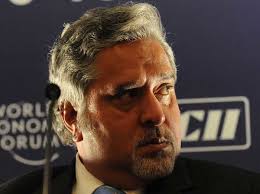
As healthcare turns costlier in developed countries, India’s medical tourism market is expected to more than double in size from USD 3 billion at present to around USD 8 billion by 2020, a report says.
According to a CII – Grant Thornton white paper, cost is a major driver for nearly 80 per cent of medical tourists across the globe. The cost-consciousness factor and availability of accredited facilities have led to emergence of several global medical tourism corridors – Singapore, Thailand, India, Malaysia, Taiwan, Mexico and Costa Rica.
“Amongst these corridors of health, India has the second largest number of accredited facilities (after Thailand). The Indian Medical Tourism market is expected to grow from its current size of USD 3 billion to USD 7-8 billion by 2020,” Grant Thornton India’s National Managing Partner Vishesh C Chandiok said.
Bangladesh and Afghanistan dominate the Indian Medical Value Travel (MVT) with 34 per cent share.
Africa, GCC and CIS regions (whose current share is just 30 per cent) present the maximum possible opportunity for the Indian healthcare sector. Medical tourists from these sectors currently favour the South East Asian medical corridors.
Chennai, Mumbai, AP and NCR are the most favoured medical tourism destinations for the floating medical population who avail treatments in India.
“While the number of MVTs itself is poised to grow at over 20 per cent CAGR, Kerala needs to focus on its visibility as a healthcare destination amongst other states,” said the report.
Kerala attracts only 5 per cent of such medical tourists currently and has the potential to increase its share to a 10-12 per cent with a focused marketing strategy.
As per the study, the key factor to drive medical value tourism in Kerala will be availability of national as well as globally accredited facilities across the entire state, an area where Kerala lags behind in comparison to Tamil Nadu, Maharashtra, NCR and Andhra Pradesh.
“… Kerala is already one of the most preferred tourist destinations in the country. For medical value tourism, however, there is a clear need to build and upgrade infrastructure,” Grant Thornton India Partner Vrinda Mathur said.
The white paper suggests tapping a larger share of the health wallet of the African, Asian, Middle East patients as well as welcoming tourists from other regions and countries, as also a marketing campaign with active support of the government and private sector.


